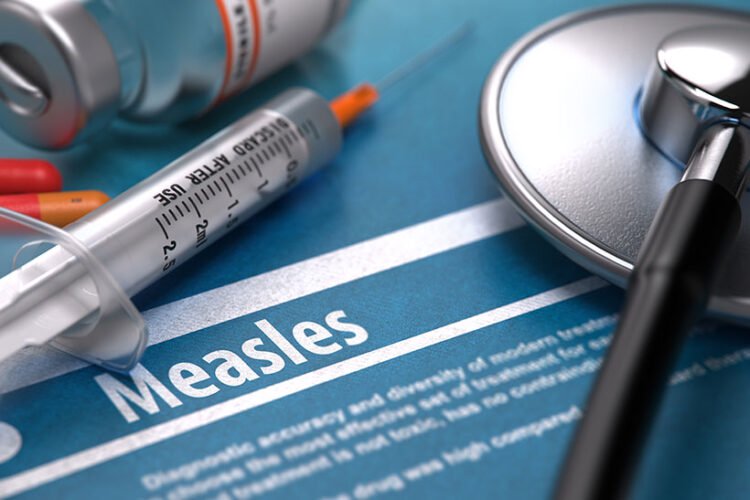Traveling abroad is a fantastic opportunity to explore new cultures and create unforgettable memories. However, it is essential to take precautions to ensure your health and safety during your journey. Here, we will discuss some preventative measures to take when traveling internationally, including health risks in popular destination countries.
Research Your Destination
Before traveling to a foreign country, it is crucial to research the area thoroughly. Check for any travel warnings or advisories from the government or the World Health Organization (WHO). Here you can search different regions of the world and receive education on any current disease outbreak travel advice and read headlines pertaining to health data and emergencies. It is important to learn about the culture sensitivity of your destination to show respect to the locals and to understand the practices within their community.
Visit the Centers for Disease Control and Prevention for travel health notices.
Get Vaccinated
Many countries require vaccinations before entry. It is essential to get vaccinated well in advance, as some vaccines require multiple doses over several weeks. Vaccines for diseases range from the following:
- Routine vaccines–
- Chickenpox (Varicella)
- Diphtheria-Tetanus-Pertussis
- Flu (Influenza)
- Measles-Mumps Rubella (MMR)
- Polio
- Shingles
- COVID-19– all eligible travelers should be up to sate with their COVID-19 vaccinations.
- Hepatitis A– recommended for travelers who will be doing higher risk activities like visiting smaller cities, villages, or rural areas where infection is possible through food or water.
- Hepatitis B– recommended for unvaccinated travelers younger than 60 years hold traveling to Italy.
- Measles– Infants 6 to 11 months old traveling internationally should get 1 dose of measles-mumps-rubella (MMR) vaccine.
- Rabies– recommended only for people only working directly with wildlife.
Pack a First-Aid Kit
It is always a good idea to bring a travel health kit with you on your trip. Many pre-made kits may include basic items such as band aids, antiseptic medicine, tweezers, gauze with tape and pain relievers. Depending on your destination and medical needs, other supplies you may want to pack in your health kit while traveling abroad include sunscreen, insect repellent, diabetic supplies, gastrointestinal fixes, antiseptic wipes, respiratory meds and any prescribed medication. Additionally, while traveling abroad, remember important medical paperwork such as copies of your prescriptions, proof of vaccinations, health insurance cards, a current list of medications including allergies and a list of medical contacts.
Food Safety Tips
Food and waterborne illnesses are a common health risk when traveling abroad. It’s reported that 2 million people die a year from contaminated food or drinking water. That accounts for 1 in 10 people. Be cautious when trying new foods, especially in countries with different sanitation standards. Eating foods that are prepared cold or hot are less likely to be exposed to flies which can lead to the spread of disease. Avoid raw or undercooked meat, fish or shellfish, undercooked fruits or vegetables, and food that has been sitting out for a good amount of time. Only drink bottled water and avoid ice cubes in drinks. Wash your hands regularly and bring hand sanitizer with you.
At American Online Benefits Group, we encourage travelers to research their destination and be aware of any travel risks that may arise. International travel can be an exciting adventure and it is essential to take precautions to ensure your health and safety. Abroad travelers can take an extra precaution by becoming a Travel Assist Plus member, receiving 24/7 access to critical, medical, and global travel assistance when more than 100 miles from home. Click here to read more information about this product and the services included. Contact our Member Services team at 214-389-9072 to sign up today.




